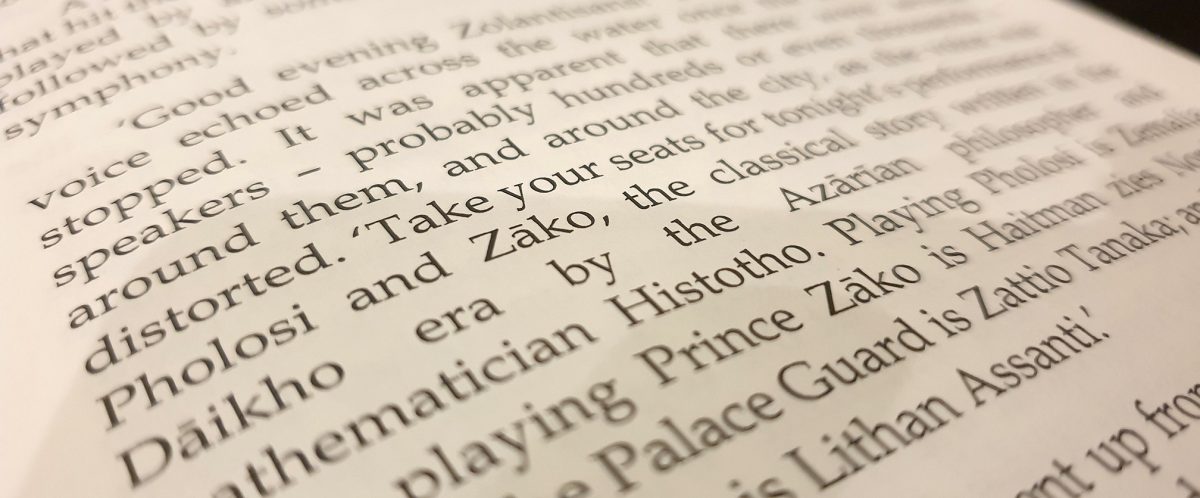This movie had many interesting elements, and overall was fun, but it didn’t quite live up to its potential. I’d put it at about the same level as Thor 2.
I think the most frustratingly lacking aspect of the film was its main villain: Kang the Conqueror. The actor who plays the character – Jonathan Majors – has excellent presence – very necessary for a villain – and plays what he’s given very well. But the character’s motivation is confusing. This is ultimately a result of Marvel not really setting up their multiverse, and the concept of branching timelines, very well – in itself a result of the disastrous Loki series, which I could hardly watch more than an episode of. Marvel has not established a clear fictional physics of all of this, meaning that any justification that leans on it is very flimsy. Kang’s self-declared reasoning for his actions is hazy and flat.
Additionally, with such high-powered, grandiose villains, they are rarely compelling if they are not poetic. The lines given to Majors to speak were bland. If the character’s lines had been more poetic, it would have created a much greater sense of transcendence – necessary to make a being’s power convincing. Also, Marvel forgot the Golden Rule of Villains: villains are much more threatening if they don’t shout, but retain a quiet, self-assured countenance. That’s why Thanos worked so well.
Marvel also forgot the Golden Rule of Heroes: heroes must start out flawed, and through their fight, overcome those flaws. Primarily these should be flaws of personality. In this film, Scott Lang’s daughter is elevated to a kind of semi-protagonist, and it’s almost not clear if she’s supposed to be the main character, or if Ant-Man himself is still supposed to be. Regardless, the only flaw that Cassie Lang seems to have at the start of the film is that she can’t quite use her own shrinking suit to punch properly. This flaw she overcomes by the end of the film, but this is hardly what one would call a compelling character arc.
This movie had impressive and interesting visuals. This was essential when the whole concept is ‘at the quantum-mechanical level, everything gets really weird and fractal-y’. Though this also shows again that spectacular visuals alone do not make a great movie – they can only enhance an otherwise great story.
Many Marvel movies of late have gone too far with the comedy. This movie was much closer to where it should be (though still overshot a bit). The funniest parts were anything involving the slimy blob that was Veb, and the telepath Quaz. There was also some humour in the deuterantagonist (the secondary villain) that was the mis-shrunken Darren Cross (from the first movie in the series). That was a gross, but sufficiently weird, addition to the movie.
In addition to not getting its multiverse and timeline physics straight, this movie seems even to have forgotten the physics established in the movies it succeeds. Ant-Man now seems to be indestructible when he is super-sized – plasma blasts seem not to damage him or the suit in any way. The helmets also now seem to be entirely optional. The most egregious error, however, is that it has previously been established that you can enter and exit the ‘quantum realm’ just by turning the regulator off on the suits. Three of the characters in this film have suits, and there are multiple occasions where it would make sense for them to escape using this method. They never do.
So overall: fun, but flawed.
